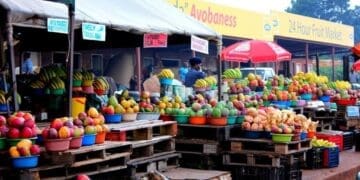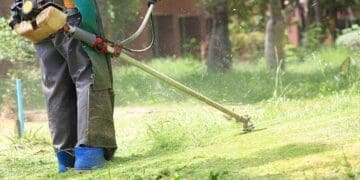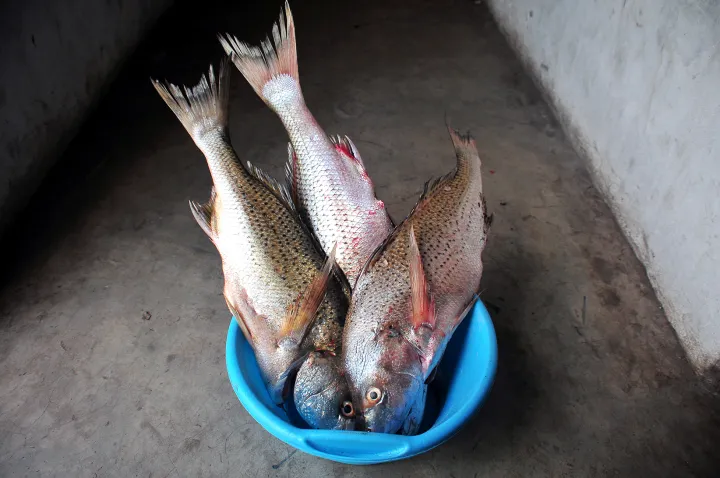Small-scale fishing businesses in Kosi Bay are on the brink of collapse as illegal and unregulated fishing strips local waters of fish, leaving legitimate fishers struggling to survive.
The crisis is devastating an area where fishing has long been the cornerstone of the local economy, providing both food and jobs for hundreds of families.
The iSimangaliso Wetland Park, a UNESCO World Heritage site, is home to rich biodiversity and has traditionally supported generations of small-scale fishers who use sustainable methods passed down through families.
However, the rise of illegal fishing operations has thrown this balance into chaos. With enforcement stretched thin, unlicensed fishers often operate freely, depleting stocks and undercutting those who follow the rules.
Mandla Ntimbane, who runs a small fishing cooperative called Bayline Catch says the situation has become desperate. “We go out with our permits, follow the quotas, and come back with barely enough fish to sell,” he said.
“Meanwhile, those without permits haul in as much as they want. It is like fighting a losing battle. I have already had to let go of two workers, and if things continue this way, my business will not survive another season.”
These small businesses do not just provide income for their owners, they create a ripple effect across the community.
Fish are sold to local restaurants, markets, and traders, forming an informal supply chain that supports other livelihoods. As catches decline, everyone suffers.
Ntimbane’s wife, Nompilo, said the strain is being felt at home. “When the fish disappear, so does everything else like school fees, food, even hope,” she said. “Our children can see the worry on our faces every day.”
Other entrepreneurs share similar frustrations. Sibongile Mthembu, owner of Ocean’s Promise Fisheries, employs five young people from the area to help with catching, processing, and distributing fish.
She says her business has seen a 40% drop in revenue over the past year. “There are days we return with empty nets while others walk away with full boats because no one is stopping them,” she said.
“We have tried reporting it, but there’s never enough follow-through. I have had to take out loans just to keep paying salaries.”
The Small-Scale Fisheries Policy (SSFP), introduced in 2016, was meant to bring stability to the sector by legally recognising small fishing cooperatives and giving them greater access to resources.
While it promised a fairer and more sustainable system, implementation in areas like Kosi Bay has been slow and inconsistent. Many cooperatives remain unregistered, and enforcement of protected zones is sporadic due to limited resources.
This lack of regulation is also threatening the region’s tourism industry, another key driver of the local economy.
Visitors are drawn to Kosi Bay for its pristine natural environment and traditional fishing methods, but environmental degradation caused by overfishing could harm its reputation and future revenue streams.
Community members argue that solutions must involve them directly. Mthembu believes that empowering cooperatives to take part in monitoring and reporting illegal activity would make a difference. “We know who the illegal fishers are and where they go,” she said. “If we are given the tools and authority to help protect our waters, we can fix this. But right now, we feel abandoned.”
For many small-scale fishers, the fight is not just about business; it is about survival and preserving a way of life that has endured for centuries. Without urgent intervention, Kosi Bay’s small fishing enterprises risk being erased, taking with them the economic lifeline of one of South Africa’s most vulnerable coastal communities.
lazola@vutivibusiness.co.za






















































